Queer Talk: A Language and Lingo Index
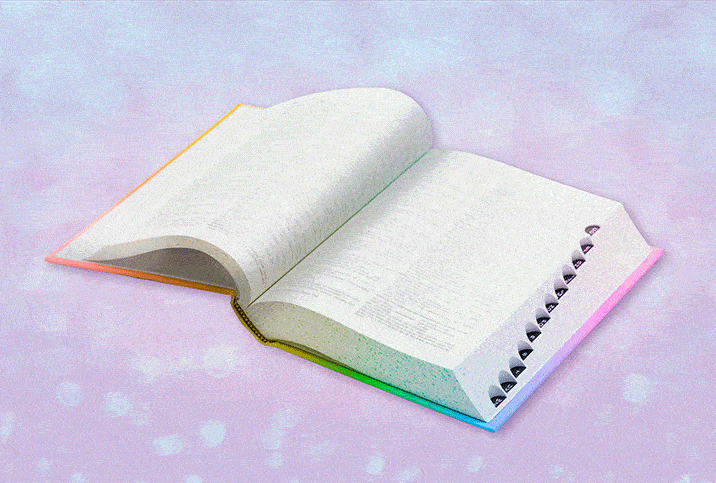
As someone who's been out for a long time, listing all the gay terms I know and use should have been easy.
My initial entry was "Hey gurl," but then I read that's problematic these days, causing it to almost miss the list. After my discovery, I asked around to other alphabet-soupers and found no real alternative language seems to be sticking with trans, queer and nonbinary communities. What's a gurl to do?
Queer lingo has been around for a long time. Or rather, gay lingo. They were verbal codes for recognizing one another in times when "no one" was gay or lesbian or any other identity along the spectrum. Lingo was a way you could hide your personal identity in plain sight. Today, I may casually refer to a man as "she," but back in the olden days, this intentional misgendering was a way to describe a same-sex partner, as an example.
Despite my own established grasp of queer talk, TikTok and Instagram have influenced younger generations to get more creative with terminology. The chatter now is ever-changing.
So instead of continuing down endless rabbit holes I've visited trying to justify all my outdated terms, I've written a list of queer lingo and slang that's been around forever, plus some new ones making inroads into our chats today.
As a disclaimer: This is not a comprehensive list of terms, but merely a snapshot of lingo and slang that are used either in casual chat or in professional settings, but not necessarily together. (Probably don't call your hirsute boss a bear.)
Also, while humor is a part of some of these definitions, nothing was written with any malice or insensitivity toward gender and sexual identities. This is an evolving dialogue that we are all still learning. And just because I'm gay, that doesn't mean I automatically get it right. All I can do is try.
Ally: Straight or cisgender person who supports LGBTQIA+ causes and people.
Auntie: Term of affection used toward an older gay man, typically a familiar one and not someone passing by.
Bear: A man who is larger in size, whether hefty, muscly, beefy, curvy or all of the above, and often hairy. This is a whole community unto itself within the gay community.
Bi-fi: The bisexual equivalent to gaydar.
Breeder: A decidedly negative term for straight people.
Butch: Term used primarily to describe masculine lesbians or other women, but can also be used to describe very alpha/masculine-type males—think, wielding a tool or wearing flannel.
Bussy: Personally, I can't with this word. The mashup of "boy" and "pussy" basically refers to a dude's anus.
Daddy: Term to describe an older male, perhaps with some status symbols such as a fancy car, high-paying job or big house.
Dyke: Originally a slur, but some lesbians have reclaimed the word. It can still sound pejorative, so it's likely best to avoid using it unless you identify with it.
Fag/Faggot: A long-standing slur against gay men. Some have tried to try to reclaim it, but in this author's opinion, it never works. You do you, though.
Friend of Dorothy: A classic code term for a gay male, referring to Judy Garland as Dorothy in "The Wizard of Oz." Garland was a noted ally to gay men throughout her career and lifetime.
Fruity: We seem to be hearing this a lot on TikTok lately, and we're unsure if it's a resurgence or a coincidence. The word "fruit" often refers to someone—usually a cis male—who is gay or comes off as effeminate. More recently, "fruity" can mean someone who acts just a bit gay and yet isn't.
Gaydar: The ability of someone to intuitively sniff out the queers.
Gurl (or girrrrl): The "u" brings this home among gay men. Usually subs in for "for real?" or "you need to quit," but also serves as a term of endearment.
Intersex: A general term for those born with a chromosomal pattern or reproductive anatomy of both cis male and female genders.
Lipstick lesbian: A lesbian or bisexual woman who presents the opposite of butch—femme. A lipstick lesbian wears heels, dresses, makeup and other traditional trappings of femininity.
Mary: A classic gay term by gay men for gay men. Usually made in jest to a sister or bestie.
Otter: Kind of like a bear but skinnier—often leaner or fitter, but still fuzzy.
Poly: A shortened version of polyamorous, for consensual relationships with more than one person.
Queen: Often used for drag queens, but also toward anyone fabulous.
Queer: A formerly derogatory term that has flipped into both an identity and an umbrella term for gender and sexual minorities.
Read: An often classier and more clever form of insult or clap back.
Shade: Subversive, oral version of side-eye. Often gossip about someone else, but if you're ballsy enough, said directly to their face.
Side: People who prefer not to have anal sex.
Terf: Acronym for trans-exclusionary radical feminist, recently made famous (or infamous) by the comedian Dave Chapelle. Terfs are women who believe transgender women impose on their rights.
Top/Bottom: Positions in sex, determining the penetrative person and the receiver. These take noun and verb forms.
Transgender: An umbrella term for those whose gender identity and expression differ from the gender assigned at birth.
Twink: Often used to describe young, skinny males up to maybe 25 years old. A queer term that can apply to any man who fits the bill, such as celebrities. All bets are off on their status after they age out of that time in their lives. Queer twink: Troye Sivan; faux twink: Timothée Chalamet.
Vers: Person who tops and bottoms.
Werrrrk (or werq, or work): A note of encouragement or praise when someone is just slaying their job, their look, their style or their art.
Yasss: Queer-affirmative response meaning yes. Frequently appropriated, often by white women whom some might call basic.
Yestergay: A former gay who now identifies as straight. Sure thing, Mary.












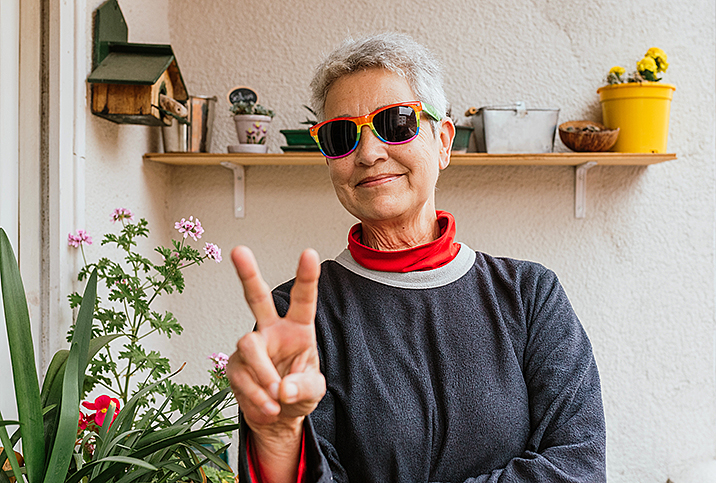
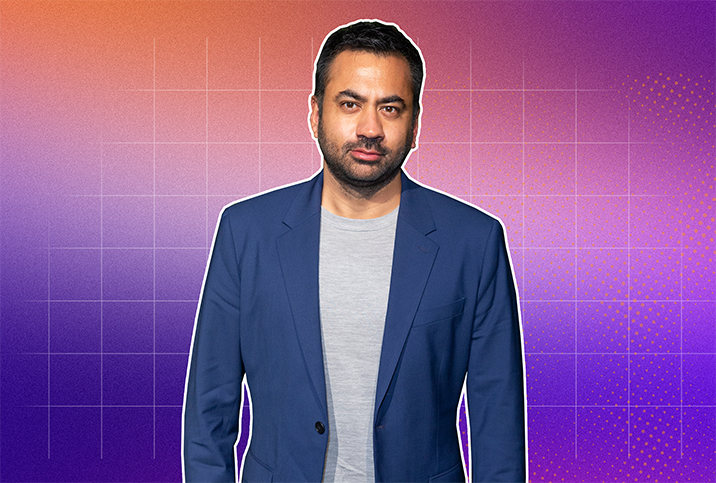
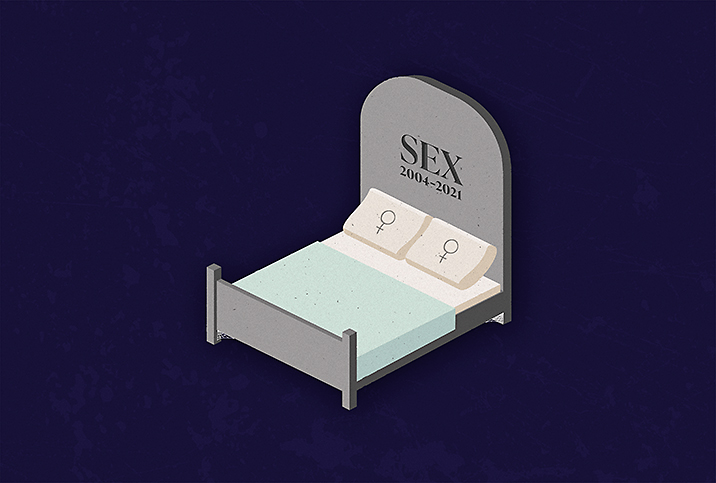
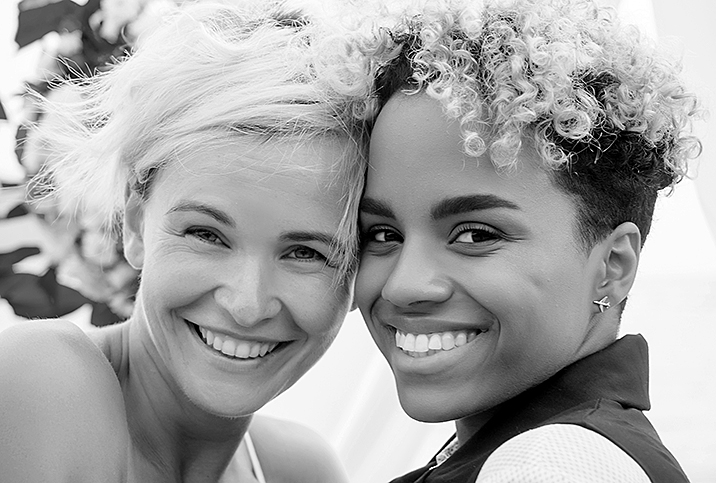



Commentary